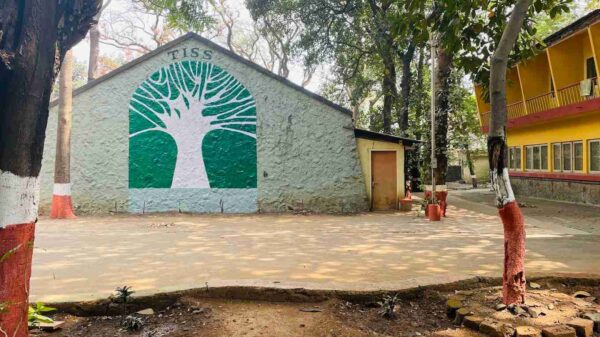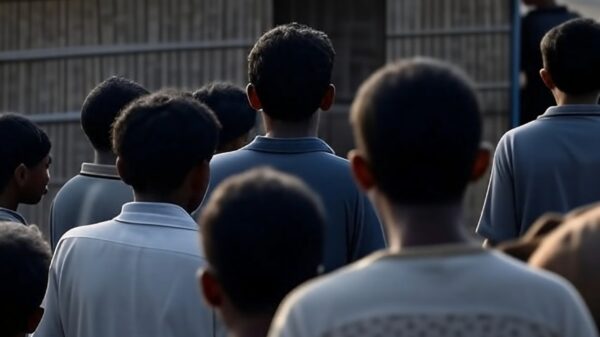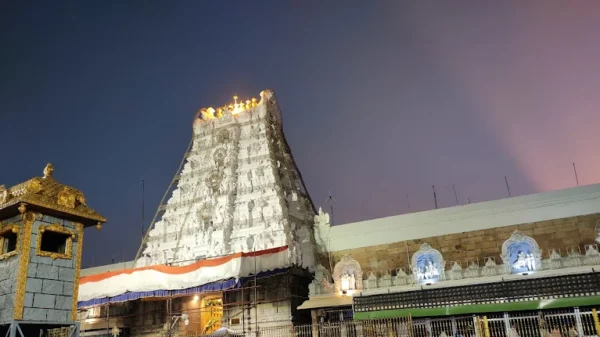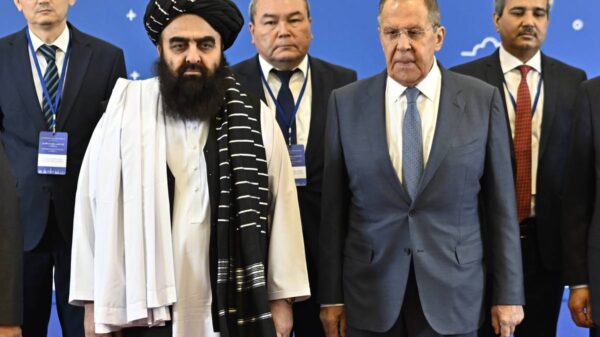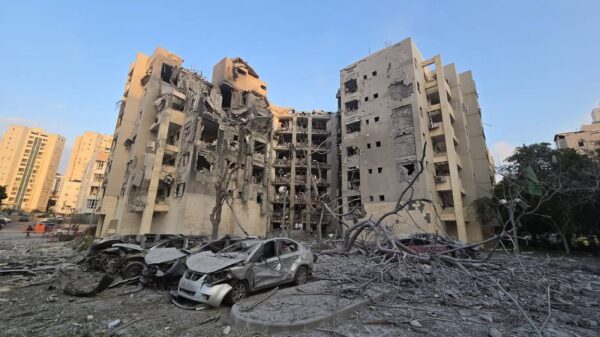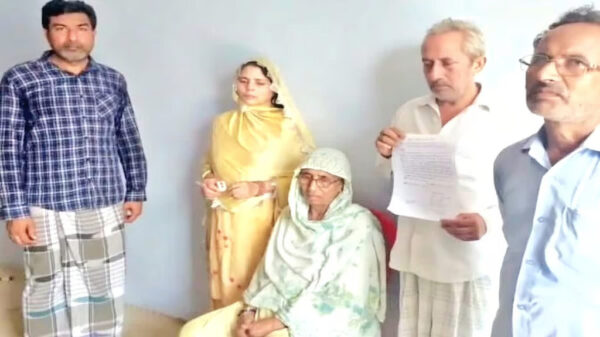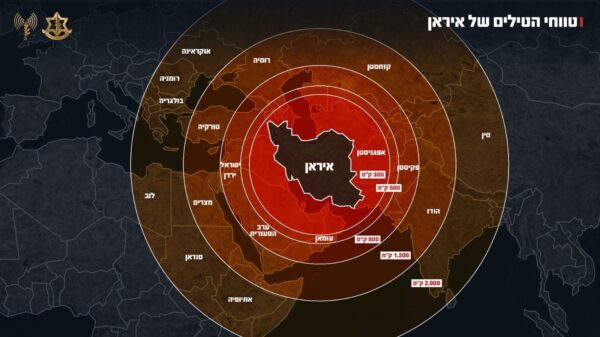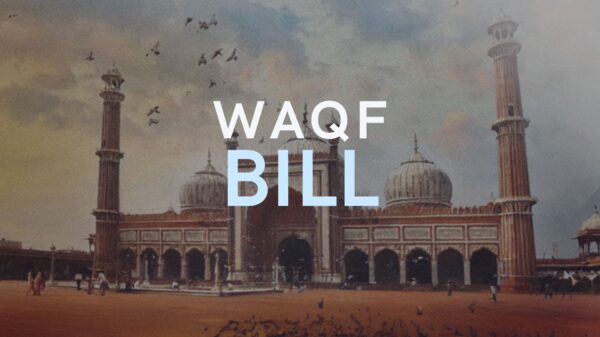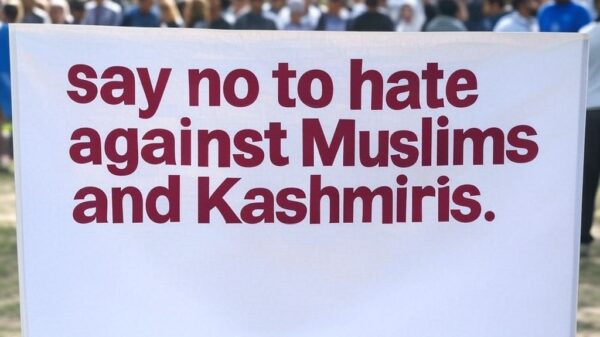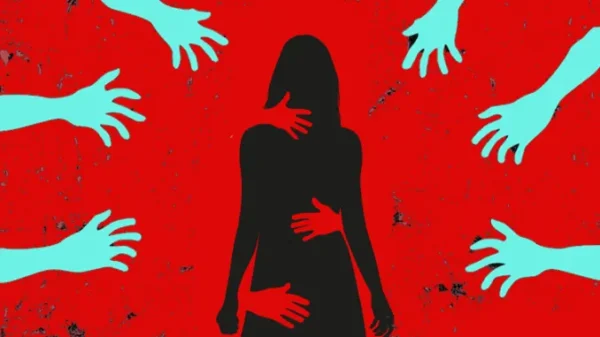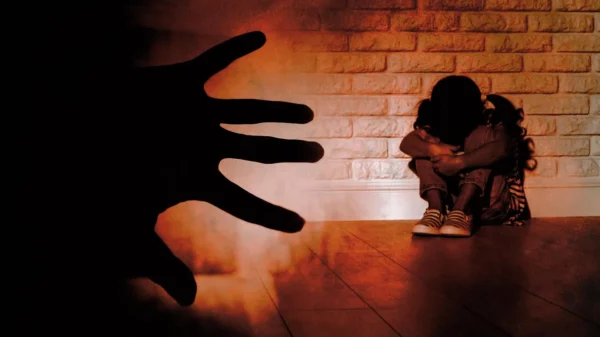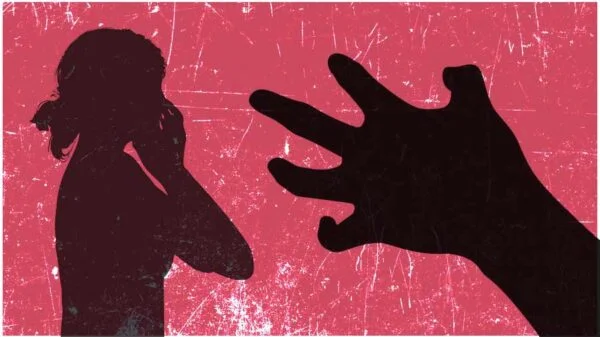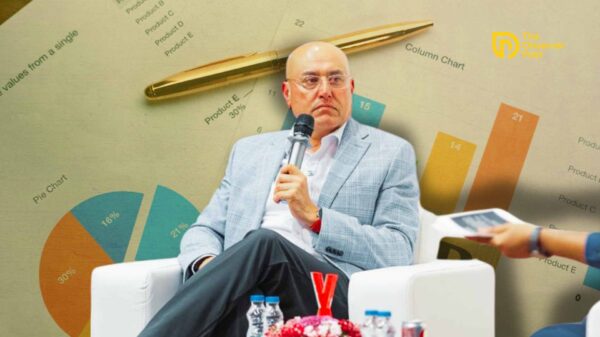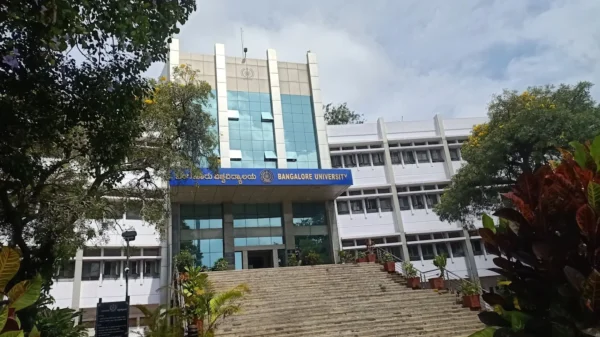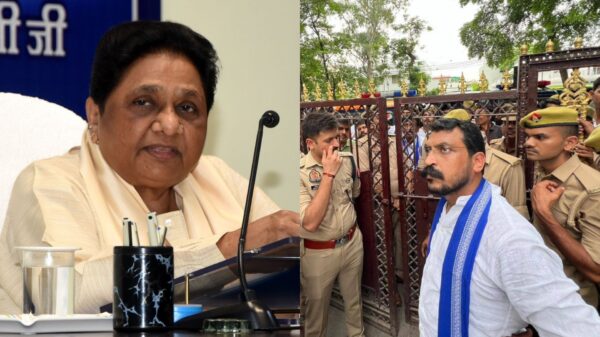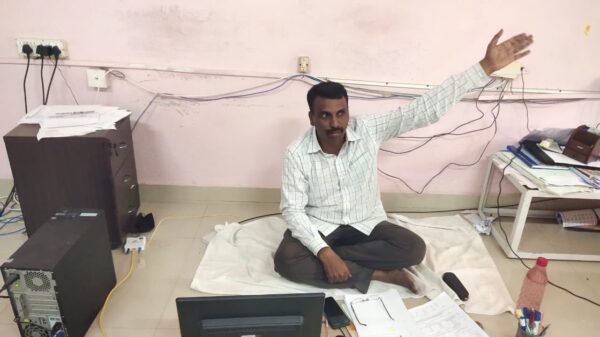On Tuesday, the UN Committee on the Elimination of Racial Discrimination (CERD) urged India to cease the arbitrary detention of Rohingya refugees who fled Myanmar and to halt forcible deportations and returns to Myanmar, where they face the risk of severe human rights violations and abuses.
The Committee expressed alarm at reports of widespread racist hate speech and harmful stereotypes against the Rohingya, including by politicians and public figures.
It urged the Indian government to firmly condemn these heinous acts and ensure they are thoroughly investigated and adequately punished, in accordance with its international obligations under the International Convention on the Elimination of All Forms of Racial Discrimination.
The Rohingya, a predominantly Muslim ethnic group, have long been denied citizenship in Buddhist-majority Myanmar, where they are classified as illegal immigrants. They have endured a state-sponsored ethnic cleansing campaign in their home country, forcing several thousand to flee to neighbouring countries such as India and Bangladesh to escape death and violence.
A 2022 report by the United States Department of State concluded that members of the Burmese military committed genocide and crimes against humanity against the Rohingya.
On Tuesday, the Committee warned that India would violate the principle of non-refoulement if it continues deporting Rohingya refugees. Non-refoulement, a crucial provision in international law, prohibits nations from returning asylum seekers to countries where they may face persecution.
The committee urged India “to combat the spread of racist hate speech in the media, on the Internet and in social media and to firmly condemn any form of hate speech and distance itself from racist hate speech expressed by politicians and public figures, including members of parliament and religious leaders, and ensure that such acts are investigated and adequately punished.”
According to the United Nations High Commissioner for Refugees, approximately 79,000 Rohingya refugees reside in India, with around 22,000 of them registered with the UN refugee agency.






